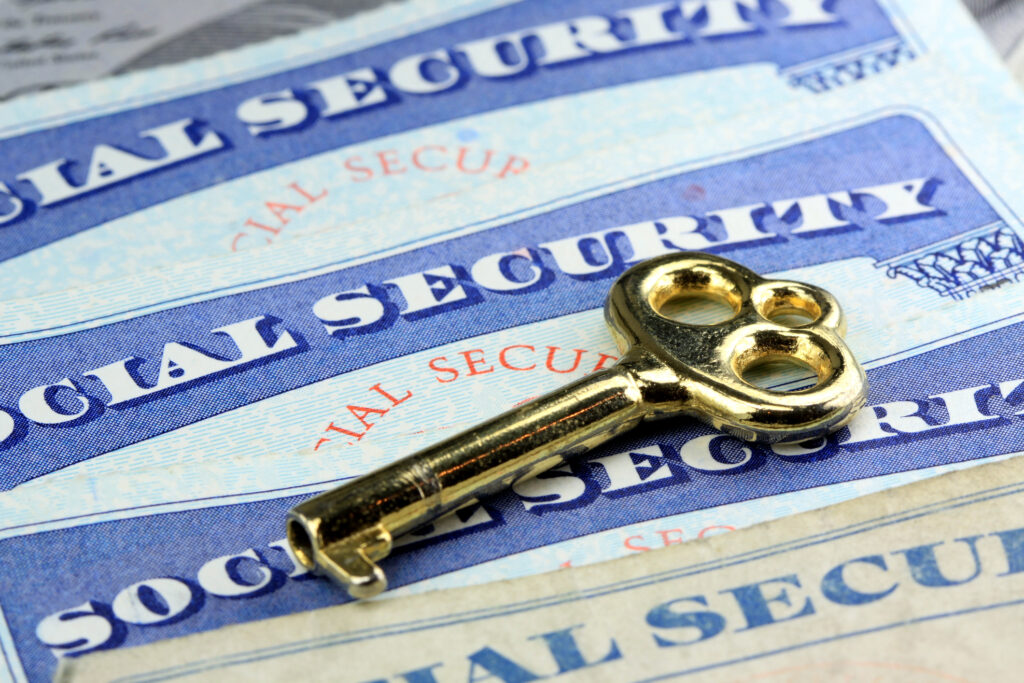For millions of Americans, Social Security serves as a crucial source of income during retirement. While some retirees receive the maximum monthly benefit—$4,873 in 2025 for those claiming at age 70—many receive far less. The gap isn’t due to luck; it’s typically the result of decisions, timing, and a few key rules.
Here’s a breakdown of why you might not be getting the maximum Social Security benefit—and what you can do to improve your payout.
1. You Claimed Benefits Too Early
Claiming Social Security before your Full Retirement Age (FRA) permanently reduces your monthly benefit. FRA varies by birth year but is typically 66 or 67. If you start benefits at 62—the earliest age allowed—you could see your check shrink by up to 30% compared to waiting until FRA.
On the flip side, delaying benefits past FRA earns you delayed retirement credits, increasing your monthly payments by up to 8% per year until age 70.

2. You Didn’t Work for 35 Years
Your benefit amount is based on your highest 35 years of earnings. If you worked fewer years, the missing years are filled with zeros in the formula, which drags down your average.
Even part-time or low-income years are better than zeros. Continuing to work longer can raise your average and increase your future benefit.
3. Your Lifetime Earnings Were Too Low
The Social Security formula uses your Average Indexed Monthly Earnings (AIME). If you earned below the maximum taxable earnings limit in most of your career, your benefit will be less.
In 2025, the taxable earnings cap is $176,100. Only wages up to that amount count toward your benefit. High earners who consistently hit this cap for 35+ years are most likely to get the maximum payout.
4. You’re Affected by the Windfall Elimination Provision (WEP)
If you worked in a job that didn’t pay into Social Security—like some government or foreign positions—but also earned enough Social Security credits from other jobs, your benefit may be reduced under the WEP.
The WEP reduces the portion of your benefit calculated from your earnings, particularly if you’re also receiving a pension from the non-covered work.
5. You’re Subject to the Government Pension Offset (GPO)
Receiving a government pension from non-Social Security-covered work can also reduce or eliminate your spousal or survivor benefits under the GPO.
This offset can significantly impact those who expected to receive spousal benefits based on a partner’s earnings.
6. You Worked While Collecting Early Benefits
If you claim Social Security before FRA and continue working, your earnings may exceed the annual earnings limit. In 2025, this limit is $23,400. For every $2 earned over this threshold, $1 is withheld from your benefits.
The good news? Once you reach FRA, SSA recalculates your benefit to give back the withheld amounts over time.
7. Your Earnings Record Has Errors
The SSA uses your official earnings record to calculate your benefits. Errors in your income reporting or missing data can directly reduce your benefit.
That’s why it’s crucial to check your Social Security Statement annually via your my Social Security account and correct any discrepancies as soon as possible.

What You Can Do Now
- Delay claiming if possible to increase monthly payments.
- Work at least 35 years to avoid zero-income years.
- Review your SSA record for errors that can impact benefits.
- Understand how government pensions may reduce your eligibility.
- Consult a financial advisor to optimize timing and tax efficiency.
Final Thoughts
While the maximum Social Security benefit may not be attainable for everyone, understanding the rules and proactively managing your retirement plan can still lead to a significantly higher monthly payout. Whether you’re nearing retirement or decades away, it’s never too early—or too late—to take control of your Social Security future.
For detailed benefit calculators and personalized tools, visit the Social Security Administration’s official website.
This article has been carefully fact-checked by our editorial team to ensure accuracy and eliminate any misleading information. We are committed to maintaining the highest standards of integrity in our content.

Himanshu Sharma writes for Weekend Spy, focusing on recruitment, government schemes, and current affairs. He is dedicated to making complex information accessible to readers.
Himanshu enjoys playing chess, hiking, and trying new recipes, always seeking ways to combine his love for writing with his passion for exploration. Connect with Drop him an email at [email protected].







